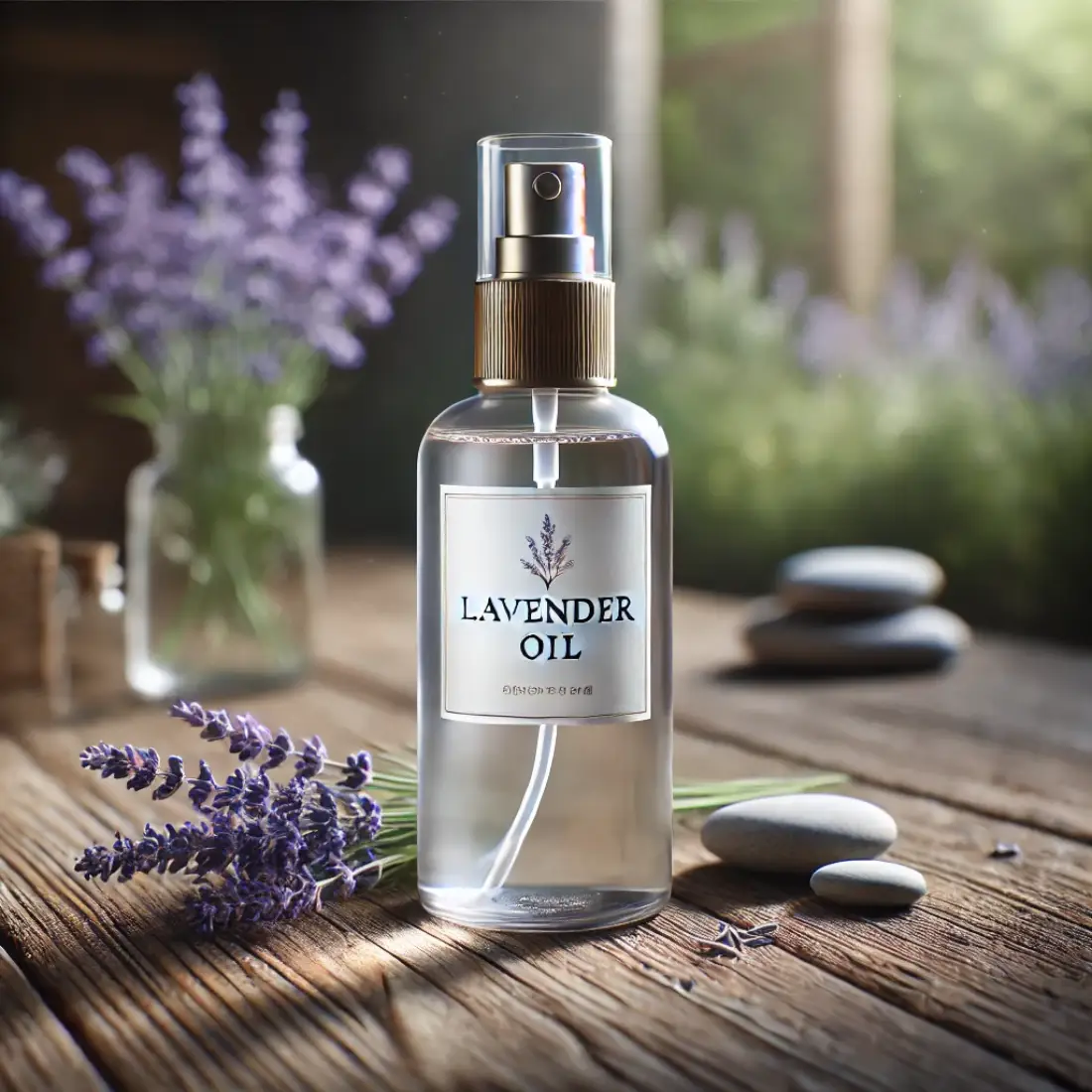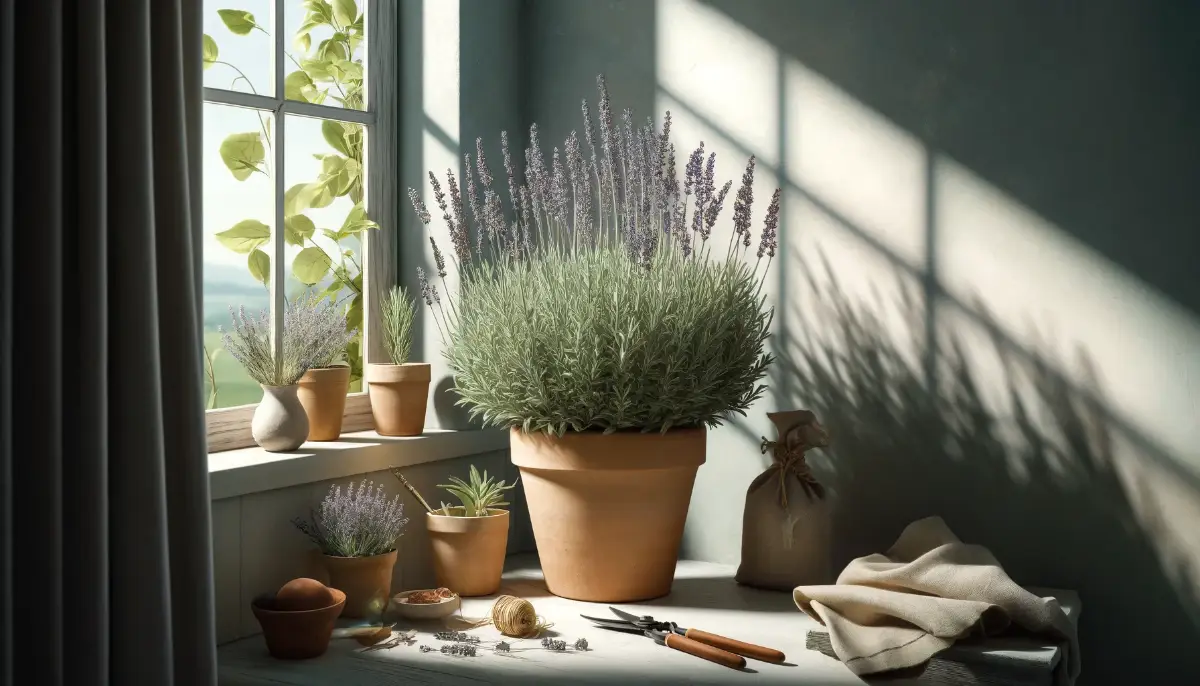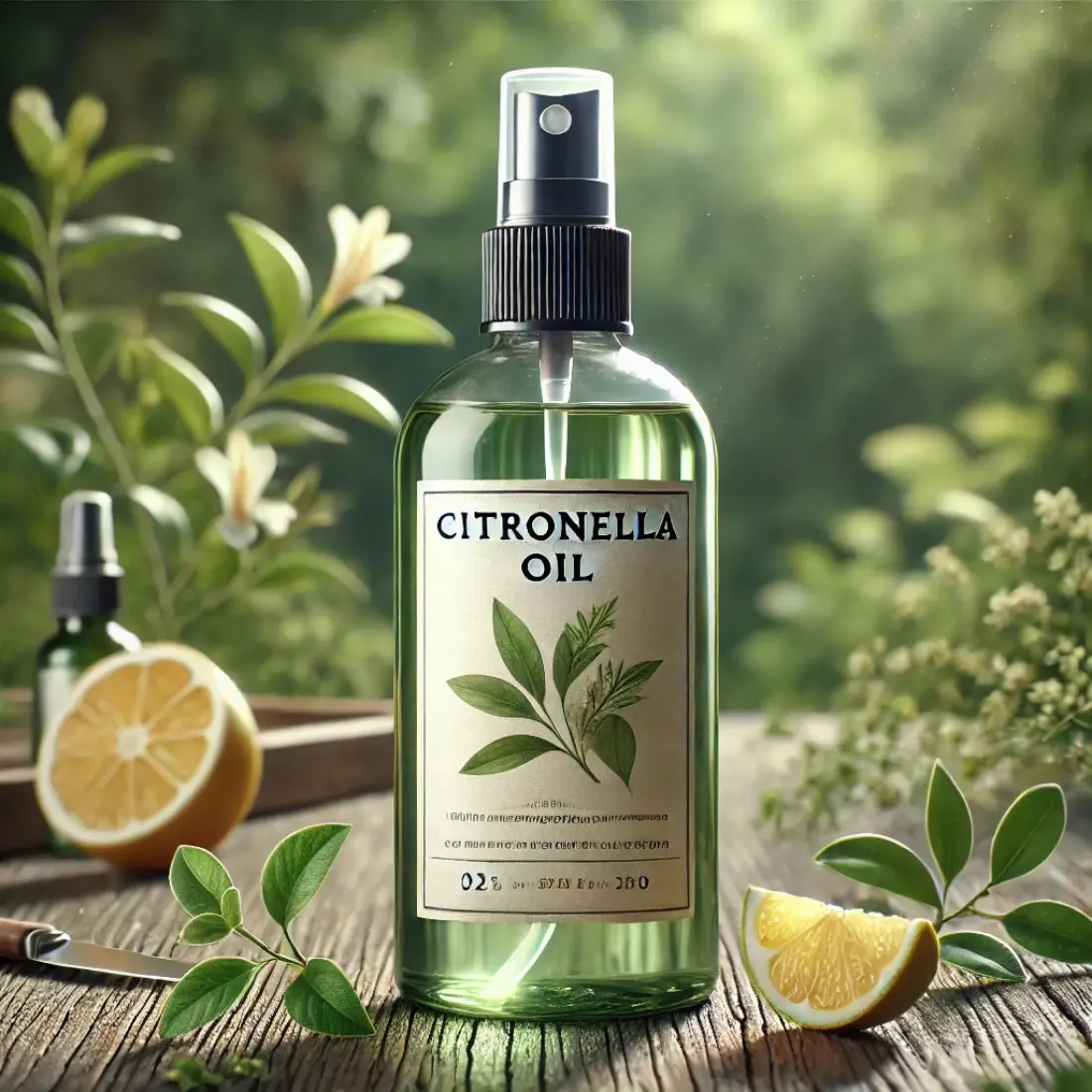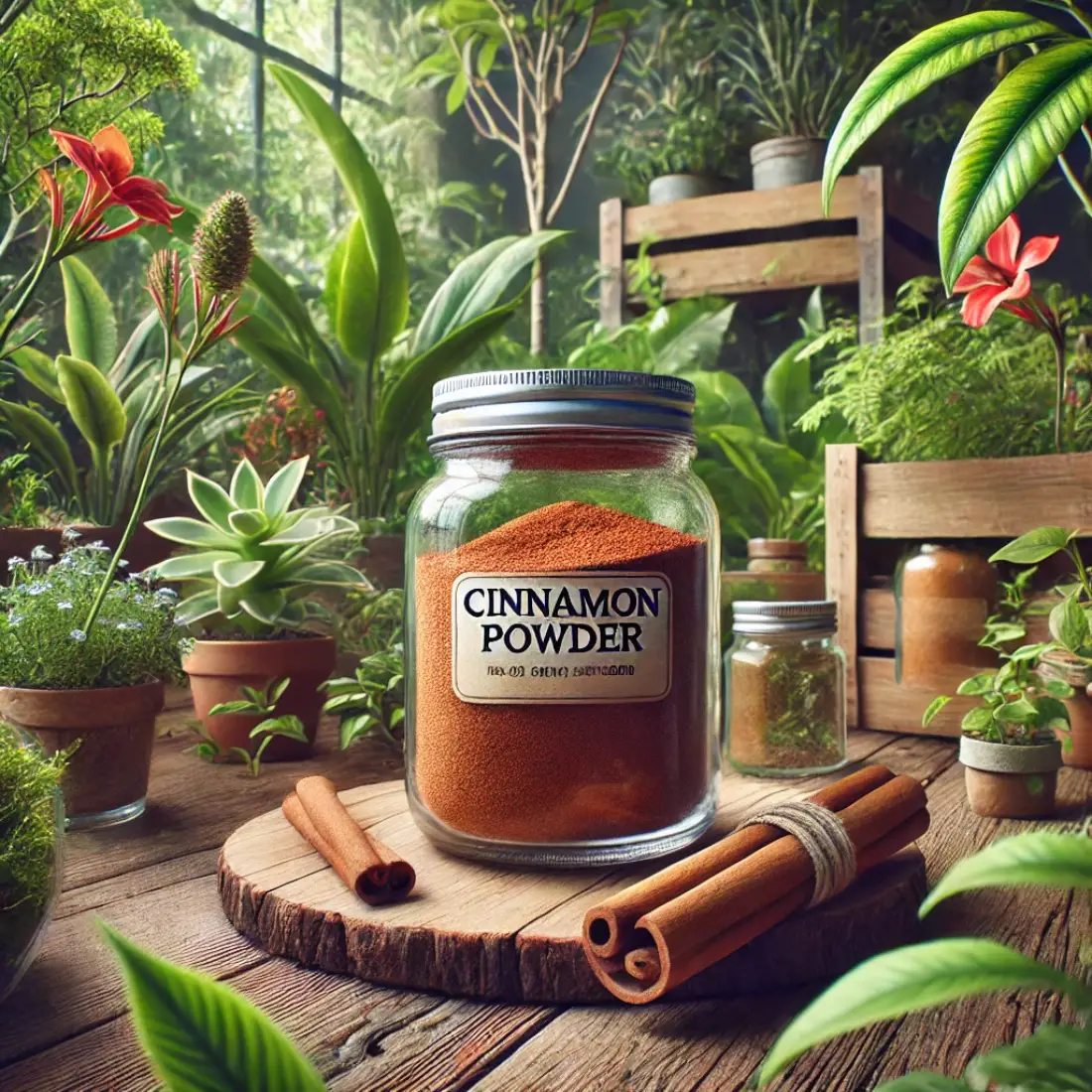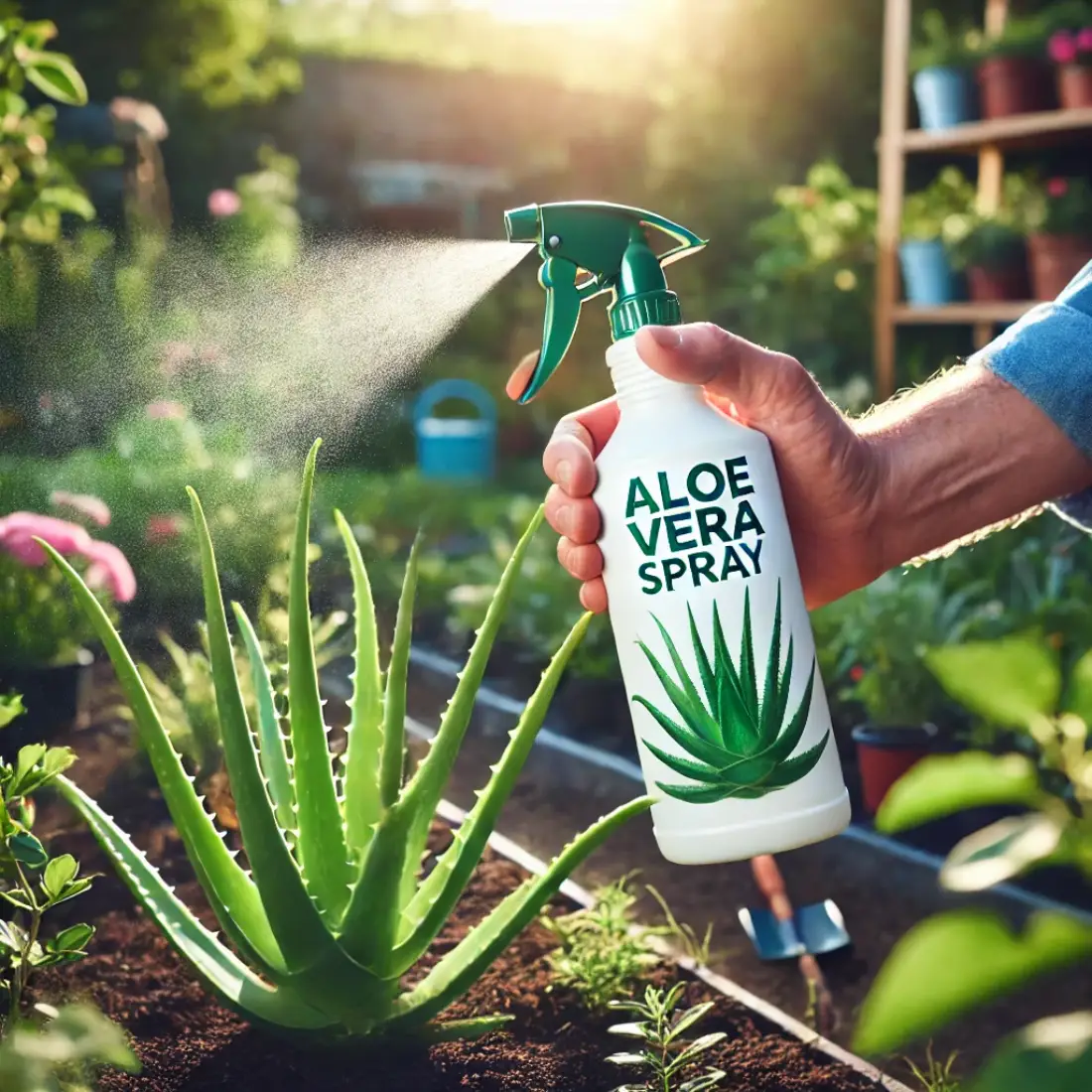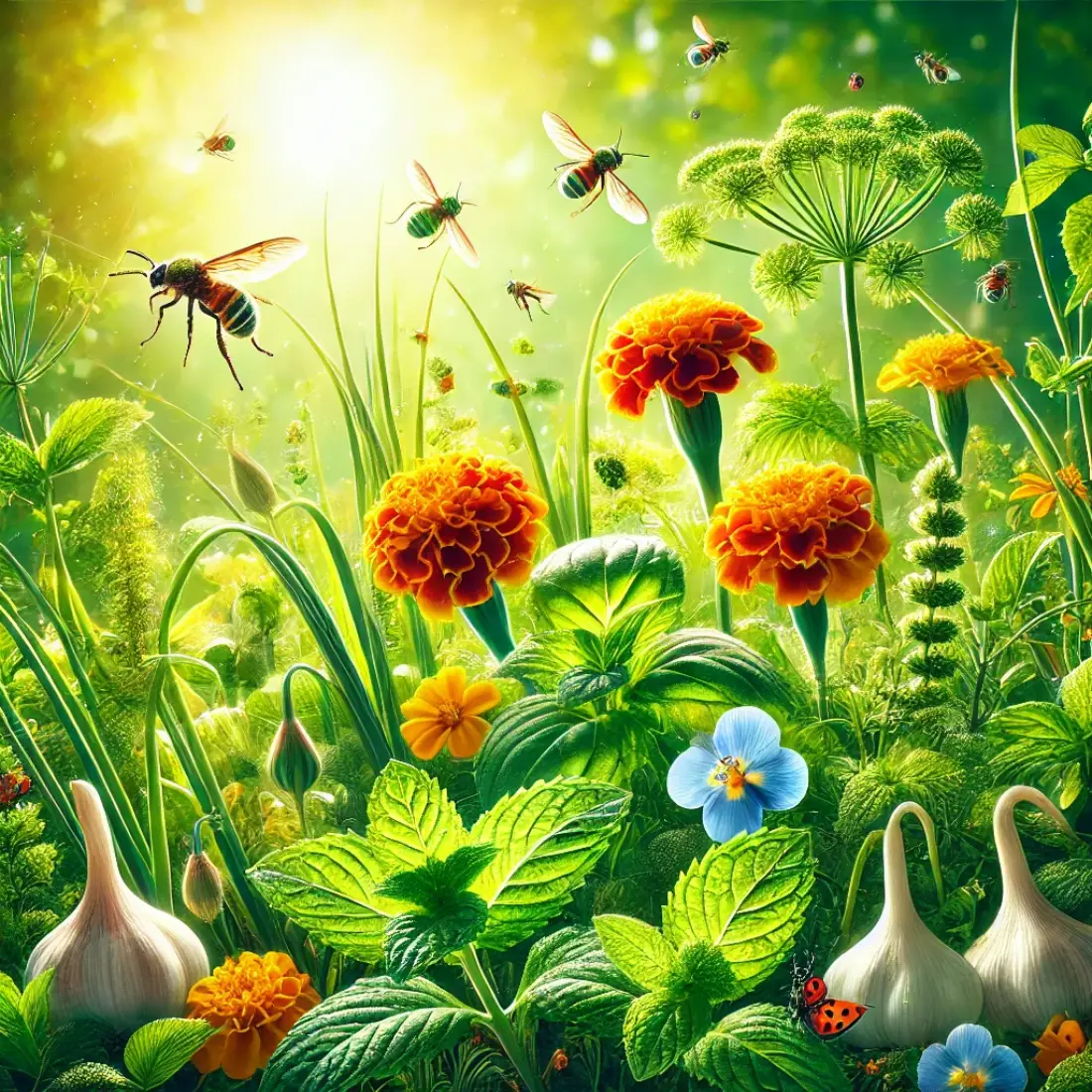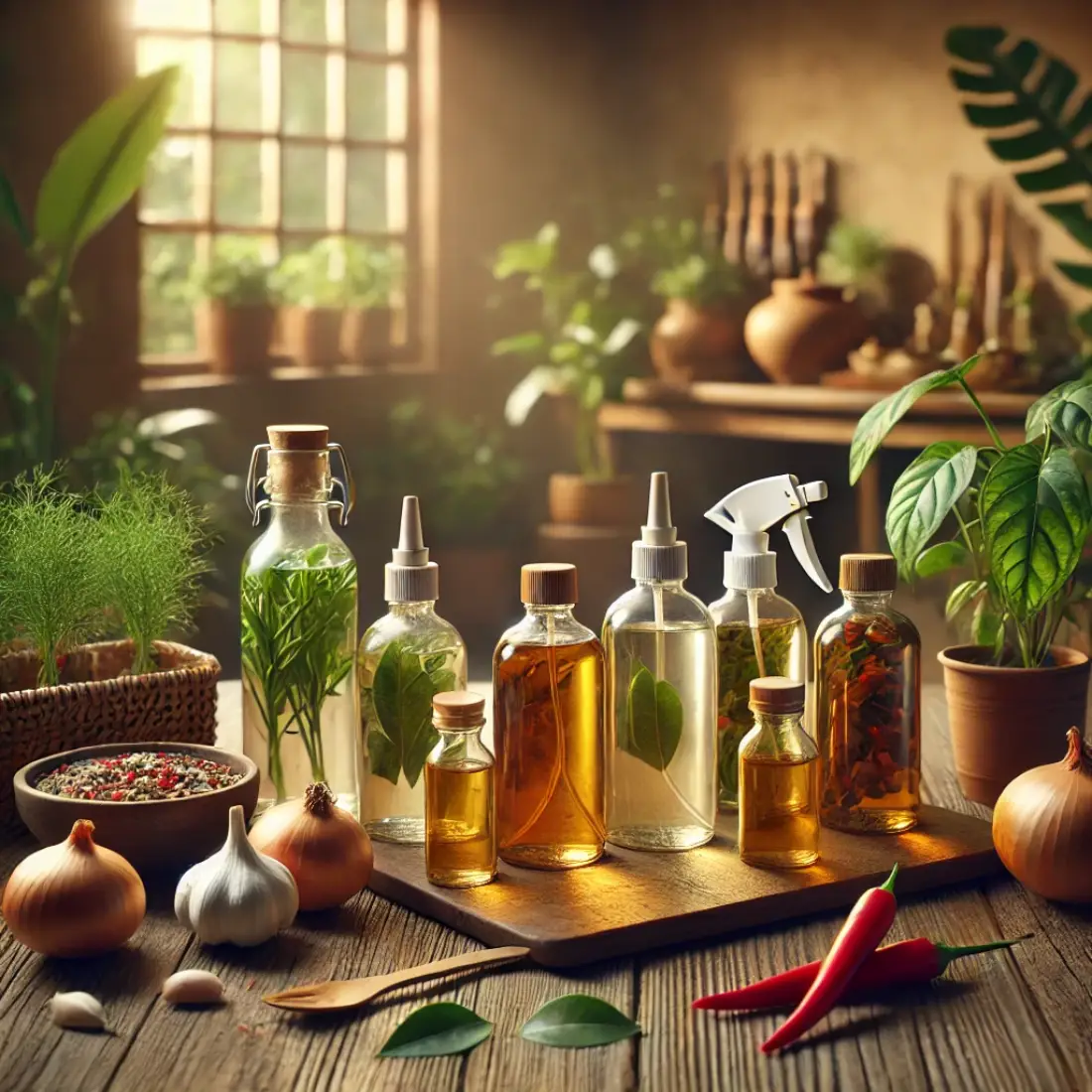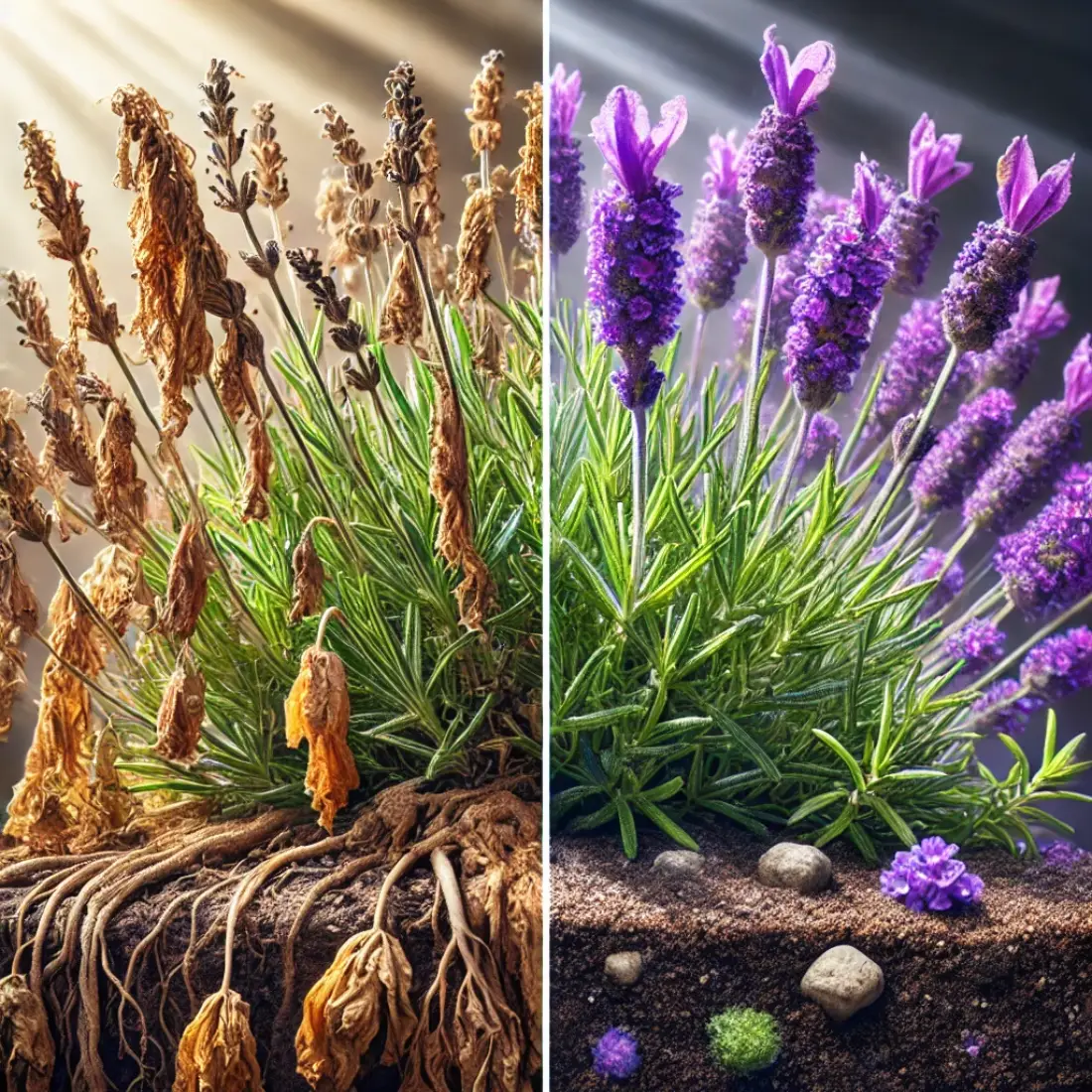Lavender oil is a powerful tool for organic gardeners seeking natural solutions. Known for its pleasant aroma, it also serves as a natural pest repellent and plant health booster. By integrating lavender oil into your gardening routine, you can protect your plants from pests, enhance their growth, and even improve soil quality—all without relying on harmful chemicals.
This makes lavender oil an essential component of sustainable gardening practices, offering both environmental benefits and a healthier garden.
- Lavender oil is a versatile and natural solution for organic gardening.
- It effectively repels pests like aphids, mites, and mosquitoes, reducing the need for chemical pesticides.
- The oil’s antifungal properties help prevent and treat plant diseases such as powdery mildew.
- Lavender oil enhances overall plant health by promoting stronger growth and enriching soil quality.
- When used correctly, lavender oil offers a safe, eco-friendly alternative for maintaining a healthy garden.
How to Use Lavender Oil in Your Organic Garden
Lavender oil is a powerful, natural tool that can transform your organic garden by repelling pests, enhancing plant health, and improving soil quality. Here’s how you can incorporate it into your gardening routine effectively.
1. Preparing Lavender Oil Solutions
To get the most out of lavender oil in your garden, it’s essential to prepare the right solution. For most gardening purposes, a simple mixture of lavender oil and water is highly effective. Here’s how to do it:
- Basic Lavender Oil Spray: Mix 10-15 drops of lavender essential oil with one liter of water. Add a few drops of mild liquid soap as an emulsifier, which helps the oil mix thoroughly with the water. Shake well before each use.
- Concentrated Solution for Severe Infestations: For more persistent pests, increase the concentration by using 20-30 drops of lavender oil per liter of water.
- Storage: Store your lavender oil mixture in a dark, cool place to preserve its potency. Use a glass spray bottle if possible, as essential oils can degrade plastic over time.
This DIY solution is versatile and can be adjusted depending on your specific gardening needs.
2. Applying Lavender Oil to Plants
Applying lavender oil correctly is key to maximizing its benefits. Here are the best practices for using it on your plants:
- Spraying Techniques: When using lavender oil as a pest repellent or fungicide, apply the solution directly to the leaves, stems, and soil around your plants. Ensure that you cover both the top and underside of the leaves, as pests often hide there. Use a fine mist setting on your spray bottle to distribute the solution evenly.
- Timing: The best time to apply lavender oil is early in the morning or late in the afternoon. This prevents the solution from evaporating too quickly under the hot sun, allowing it to be more effective. Avoid applying during peak sunlight hours, as this could cause leaf burn.
- Frequency of Application: For general maintenance, spray your plants every 7-10 days. During peak pest seasons or if you notice signs of fungal disease, increase the frequency to every 3-5 days. Consistent application is crucial for controlling pests and preventing diseases.
Regular use of lavender oil not only protects your plants but also helps them thrive in a healthier garden environment.
3. Lavender Oil in Companion Planting
Companion planting is a technique that pairs plants together to improve growth, deter pests, and enhance soil health. Lavender oil can play a vital role in this strategy:
- Best Companion Plants: Lavender is an excellent companion for many garden plants, including roses, tomatoes, and cabbages. It repels pests that commonly affect these plants, such as aphids and moths.
- Using Lavender Oil: If you don’t grow lavender plants directly in your garden, you can still reap the benefits by applying lavender oil around these companion plants. This creates a protective barrier that deters pests and enhances the growth of neighboring plants.
- Creating a Balanced Ecosystem: Combining lavender oil with other organic gardening methods, like composting and crop rotation, helps create a more resilient and balanced garden ecosystem.
This approach not only supports plant health but also contributes to a more sustainable gardening practice.
4. Lavender Oil for Weed Control
Lavender oil can also help with natural weed control, reducing the need for chemical herbicides:
- How It Works: The strong scent of lavender oil can suppress the growth of certain weeds by disrupting their growth patterns and seed germination.
- Effective Application: To target weeds, mix 15-20 drops of lavender oil with one liter of water, then spray directly onto the weeds. Be cautious when applying near desirable plants, as the oil can also affect them if applied too heavily.
Using lavender oil for weed control is a gentle yet effective way to maintain a tidy garden without harmful chemicals.
Potential Challenges and Precautions
While lavender oil offers many benefits, it’s important to be aware of potential challenges and take precautions:
Overuse Risks: Applying too much lavender oil can cause plant stress, leading to wilting or discoloration. To avoid this, always start with a low concentration and observe your plants’ reactions before increasing the dosage.
Sensitive Plants: Some plants, especially those with delicate leaves, may be sensitive to lavender oil. Conduct a patch test on a small area of the plant before widespread application. If the plant shows signs of distress (such as wilting or yellowing), dilute the solution further or avoid using it on that plant.
Environmental Considerations: Although lavender oil is natural, it’s still important to use it responsibly. Avoid over-spraying to prevent runoff into water sources, which could affect aquatic life.
FAQs about Lavender Oil
Can lavender oil be used on all types of plants?
Lavender oil is generally safe for most plants, but some delicate plants may be sensitive. Always perform a patch test by applying a small amount of diluted oil to a single leaf before spraying it on the entire plant.
How often should I apply lavender oil in my garden?
For general pest control, apply lavender oil every 7-10 days. During high-pest seasons or when treating fungal diseases, you can increase the frequency to every 3-5 days.
Is lavender oil safe for pollinators like bees and butterflies?
Yes, lavender oil is safe for most pollinators. It primarily repels harmful insects like aphids and mosquitoes without deterring bees and butterflies, making it a pollinator-friendly solution.
Can I use lavender oil for indoor plants?
Yes, lavender oil can be used on indoor plants. It’s an excellent natural pest repellent for houseplants, but ensure proper ventilation and avoid over-saturating the plants to prevent damage.
Does lavender oil help with fungal diseases?
Lavender oil has antifungal properties and can be effective against common plant diseases like powdery mildew. Regular application can help prevent and treat fungal infections in your garden.
Can lavender oil harm beneficial insects?
Lavender oil primarily targets pests like aphids and mites, leaving most beneficial insects unharmed. However, it’s best to apply it in targeted areas to minimize any impact on helpful insects.
How do I store lavender oil for gardening?
Store lavender oil in a cool, dark place, preferably in a glass container to preserve its potency. Keep it tightly sealed to prevent exposure to air and sunlight, which can degrade the oil over time.
Can lavender oil be used in composting?
Yes, adding a few drops of lavender oil to your compost can help repel pests and add a pleasant scent. However, use it sparingly to avoid disrupting the balance of beneficial microorganisms.
Will lavender oil help control weeds?
Lavender oil can suppress some weed growth, especially when applied directly to weeds. However, it is not as strong as chemical herbicides, so it may work best in combination with other weed control methods.
Can lavender oil be mixed with other essential oils for better results?
Yes, lavender oil can be mixed with other essential oils like peppermint or neem oil for a more comprehensive pest control solution. Just ensure the mixture is properly diluted to avoid harming your plants.

